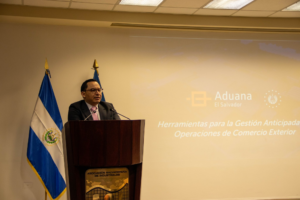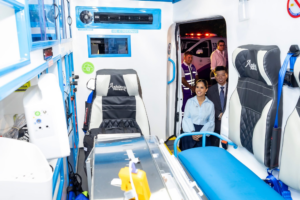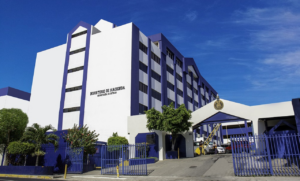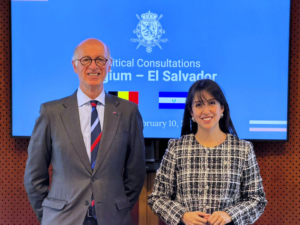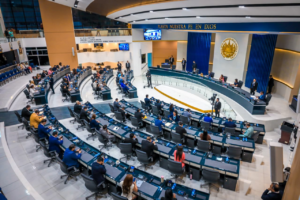
The Legislative Assembly approved today, with 57 votes in favor, the incorporation of US$7,015,995 into the 2025 budget of the Ministerio de Educación, Ciencia y Tecnología (MINEDUCYT). These funds are part of a US$100 million loan from the Corporación Andina de Fomento (CAF) and will be used to strengthen the Program for the Modernization of the Education System in El Salvador.
The financial allocation will be used primarily for the acquisition of educational technology, digital infrastructure, learning platforms, and connectivity services, which will improve teaching and learning processes in schools nationwide. Of the total, US$3.3 million will be used to purchase equipment and cloud storage, while US$2.6 million will be allocated to installation, connectivity, and technological support. In addition, the hiring of management services and technical personnel is being considered to strengthen the execution of the project.

The deputy director general of Public Credit, Delia Reyes, said that educational modernization seeks to increase student performance in key areas such as reading, writing, mathematics, and science, incorporating innovative teaching methodologies and tools based on emerging technologies, such as artificial intelligence.
The program also includes the development of a financial and academic management system that will allow for monitoring student performance and identifying the needs of each educational center, optimizing the use of public resources.

Nuevas Ideas deputy William Soriano, said that the allocation responds to the State’s commitment to strengthening education as the basis for sustainable economic development. “We are doing justice to hundreds of thousands of children who have been waiting for decent schools with conditions that guarantee quality learning”, he said.
The investment adds to actions already underway, such as the recent inauguration of 70 educational centers under the “Dos Escuelas por Día”, program, reflecting the government’s focus on improving infrastructure and training opportunities, with a commitment to preparing students for the challenges of the digital economy.
With this strategy, El Salvador is moving toward an educational model that boosts national competitiveness, future productivity, and the development of a workforce that is better equipped to face global challenges.
You can also read:


